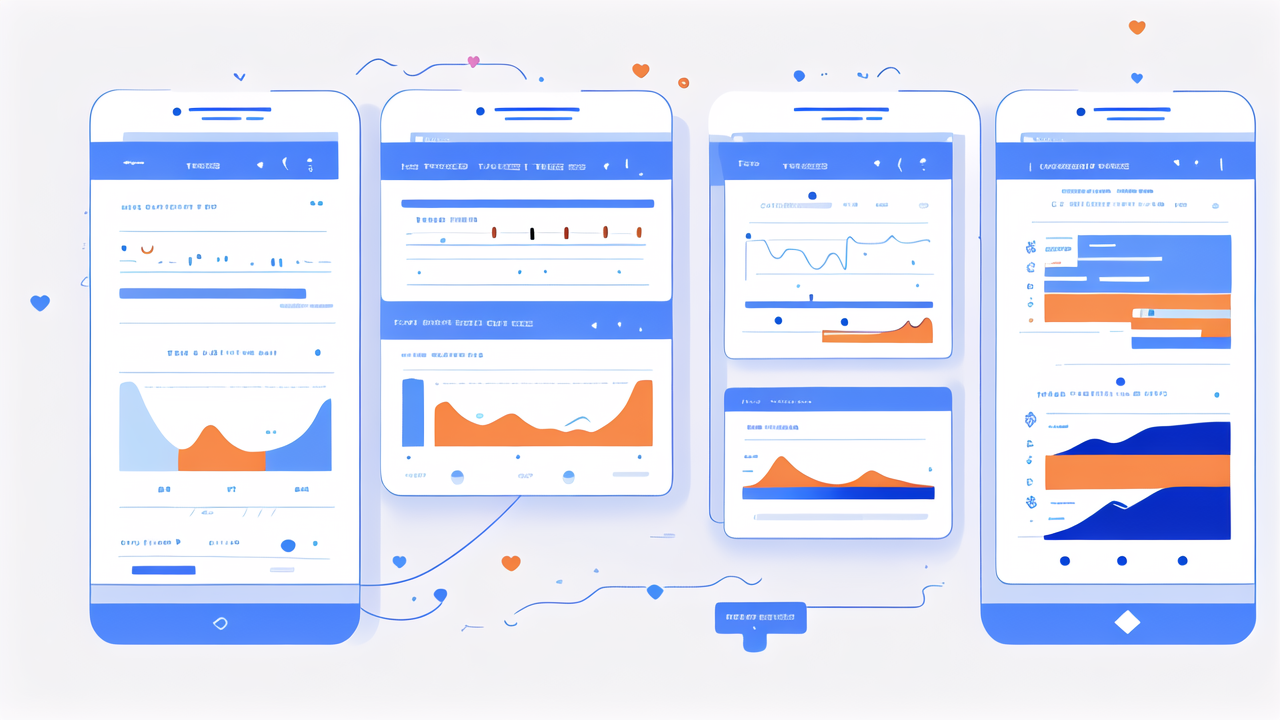Emerging Trends in Fitness Tracking Technologies
Advancements in Wearable Fitness Devices
Wearable fitness devices have come a long way in recent years. They now offer more than just step counting.

Modern trackers can monitor heart rate, sleep patterns, and even stress levels. Some devices can track
specific workouts like swimming or cycling. The latest models feature longer battery life and improved
water resistance. Many now have color touchscreens for easier data viewing. Some trackers can even detect
falls and send alerts. As technology advances, we can expect even more features in the future.
The Role of AI and Machine Learning in Fitness Tracking
AI and machine learning are changing how we use fitness trackers. These technologies help devices learn
your habits and provide personalized advice. They can predict your fitness levels and suggest workout
plans. AI can analyze your sleep patterns and offer tips for better rest. Machine learning algorithms can
detect unusual heart rhythms, potentially saving lives. As these technologies improve, fitness trackers
will become even smarter. They may soon act as personal trainers, offering real-time workout corrections.
How Big Data is Shaping Fitness Regimes
Big data is revolutionizing how we approach fitness. Fitness trackers collect vast amounts of user data.
This information helps create more effective workout plans. Companies use this data to design better
fitness equipment and apps. Gyms use it to optimize their class schedules and layouts. Researchers use
the data to study population health trends. This wealth of information is leading to more personalized
fitness recommendations. As more people use trackers, the potential for big data in fitness will only grow.
Maximizing Your Fitness Potential with Fitness Trackers
Personalized Training Programs
Fitness trackers enable highly personalized training programs. They analyze your activity levels, heart

rate, and sleep patterns. This data helps create a fitness plan tailored to your needs. Some trackers
offer guided workouts that adapt as you progress. They can suggest when to increase intensity or take a
rest day. Many apps connected to trackers provide video tutorials for exercises. Some even offer live
coaching sessions based on your data. This personalization helps users stay motivated and see better results.
Tracking and Analyzing Performance Metrics
One of the key benefits of fitness trackers is their ability to track performance metrics. These devices
can monitor:
- Heart rate during exercise and rest
- Calories burned
- Distance traveled
- Pace and speed
- Sleep duration and quality
- Stress levels
This data provides valuable insights into your fitness journey. You can see your progress over time and
identify areas for improvement. Many trackers offer easy-to-understand graphs and charts. This visual
representation makes it easier to stay motivated and set new goals.
Fitness Tracking for Home Workouts and Gyms
Fitness trackers have become essential for both home workouts and gym sessions. For home workouts, they
can guide you through exercises and track your form. Many trackers connect to smart TVs or tablets for
larger displays. In gyms, trackers can log your machine usage and weights lifted. Some gyms now integrate
with popular fitness trackers. This allows for seamless data sharing between your device and gym equipment.
Whether at home or the gym, trackers help ensure you're getting the most out of your workouts.
The Impact of Fitness Trackers on the Wellness Industry
Enhancing Consumer Engagement and Retention
Fitness trackers have transformed how the wellness industry engages with consumers. These devices create

a constant connection between users and their fitness goals. Many trackers offer challenges and rewards
to keep users motivated. Social features allow friends to compete and support each other. This increased
engagement leads to better retention rates for gyms and fitness apps. Companies can use tracker data to
send personalized tips and encouragement. This ongoing interaction helps users stay committed to their
wellness journey.
Integration with Healthcare and Wellness Services
Fitness trackers are increasingly integrating with healthcare and wellness services. Many insurance
companies now offer incentives for using fitness trackers. Some employers provide trackers as part of
wellness programs. Healthcare providers use tracker data to monitor patients' activity levels. This can
be especially helpful for managing chronic conditions. Some trackers can even share data directly with
doctors. This integration is creating a more holistic approach to health and wellness.
Ethical Considerations and Privacy in Fitness Tracking
As fitness trackers collect more data, privacy concerns have grown. Users worry about who has access to
their health information. There are questions about how companies use and store this sensitive data. Some
fear that insurers might use tracker data to deny coverage. Employers could potentially use the data to
make hiring decisions. These ethical concerns are shaping policies around fitness tracking. Many companies
are increasing transparency about data use. Users are demanding more control over their personal information.
Balancing the benefits of tracking with privacy rights remains a key challenge.




Leave a comment
This site is protected by hCaptcha and the hCaptcha Privacy Policy and Terms of Service apply.